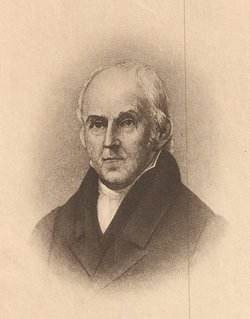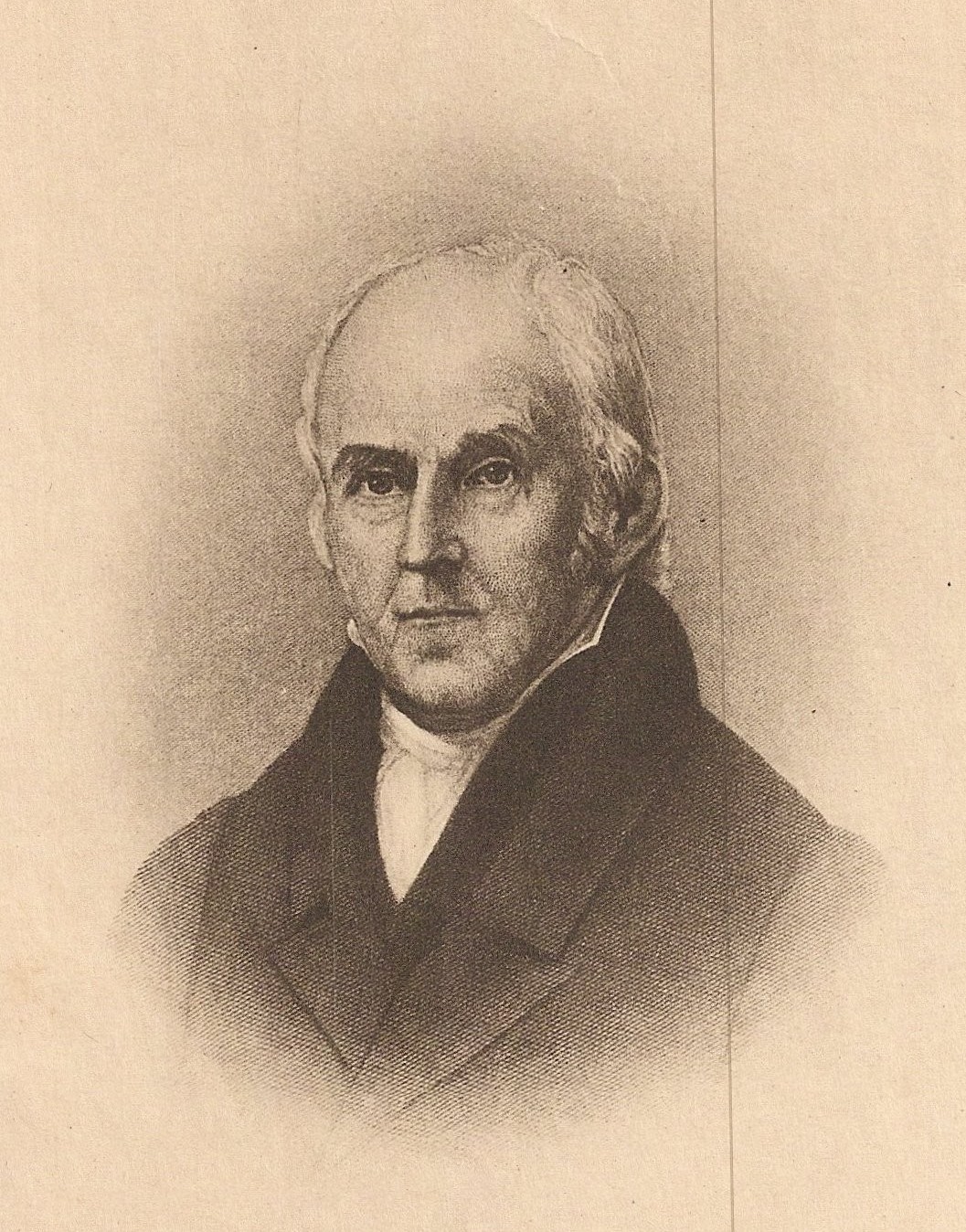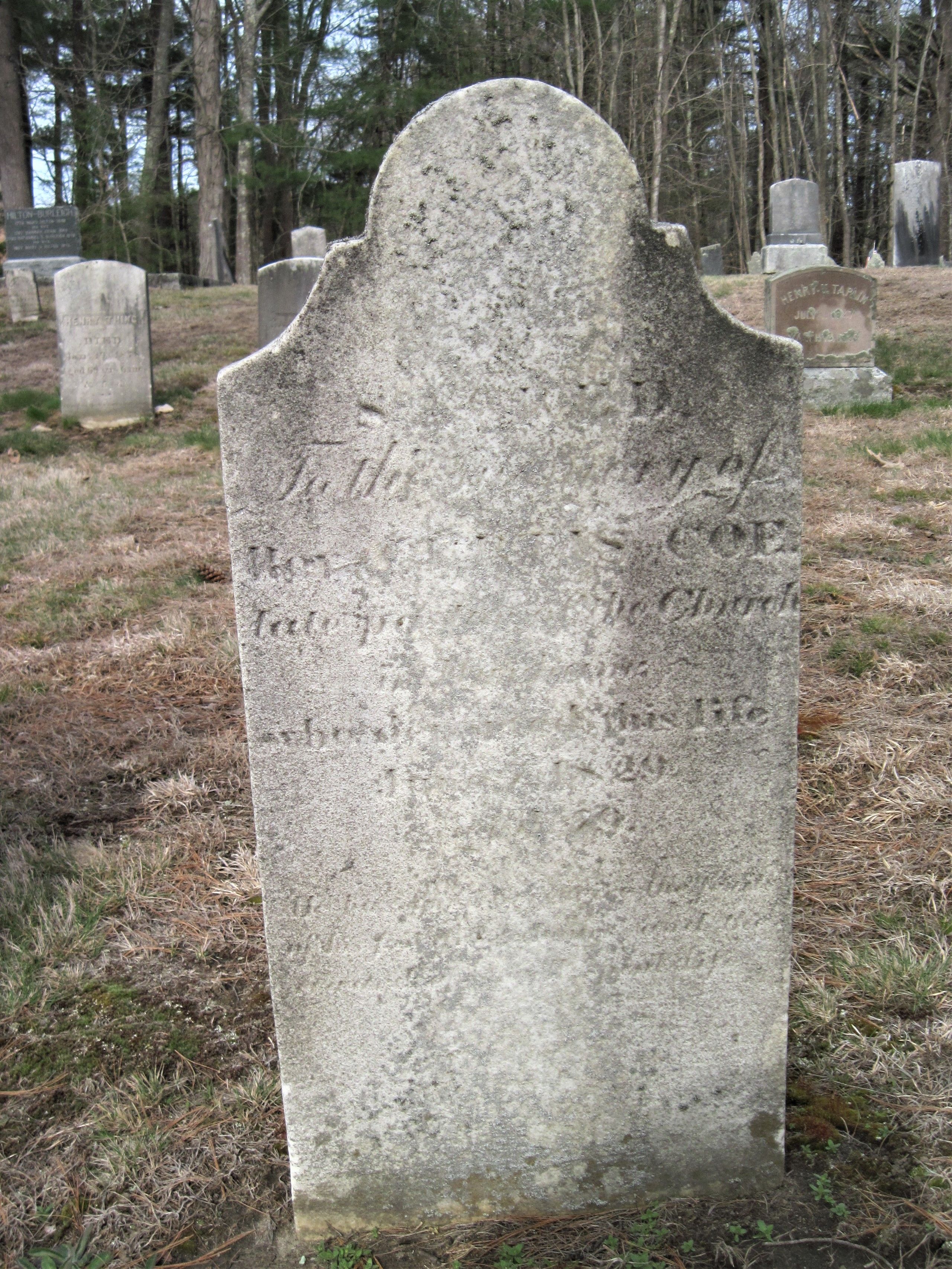Mr. Coe was employed by the town according to the old New England custom, and his salary was payable semi-annually in lawful money, but it was provided that the amount should vary with the varying prices of certain farm products named in the contract. The town meeting at which it was voted to settle him as "gospel minister" was held June 5, 1780, when it was voted that Mr. Coe should receive from the town for his annual maintenance, "The full use and improvement of the parsonage house and all the parsonage lands in said town, and a salary of seventy-five pounds, lawful money, the value of said money to be computed yearly, agreeable to the prices of the following articles, and to be more or less as the prices of said articles shall rise or fall, viz.; Indian corn at four shillings per bushel, beef at four coppers per pound, good sheared sheeps' wool at two shillings per pound, and sole-leather at a pistareen per pound; the price of said articles to be ascertained yearly, according as the most current prices of them shall be in Durham at the following periods, viz., Indian corn on the first of January, beef the middle of November, sole-leather the middle of November, and sheep's wool the first of June." Mr. Coe was enabled to maintain his family in comfort by adding to the above support furnished by the town, the income of property which came to him from other sources.
It was during his pastorate that the Unitarian faith began to gain strength in that region of New England, and so bitter were the dissensions in Mr. Coe's congregation that he finally resigned. An amusing story is told of him in this connection, it being stated that upon the occasion of his last service in the Durham church he requested the congregation to join in singing the 120th Psalm. He is said to have served as chaplain in the Revolutionary Army.
Upon leaving Durham, he moved to Newfields, NH, where he became the owner of a good farm and continued his religious work, preaching in various parts of Maine and New Hampshire until his death, June 7, 1829. Burial was at Newfields Cemetery.
"He was a good man, rigorous in doctrine and discipline, clear and impressive in his pulpit ministrations, wise in counsel, and skillful in the management of financial affairs. Six feet in height and of stalwart proportions, his bearing was dignified and his demeanor generally serious."
He marred Feb. 22, 1781, Anne Thompson, daughter of Judge Ebenezer and Mary (Torr) Thompson, who was born Jan. 10, 1761, and died at Newfield, Oct. 10, 1829. Burial was at Newfields Cemetery.
Mrs. Coe's father Judge Thompson was educated a physician but soon abandoned practice for politics and public service in which he acquired distinction; was a representative for Durham in the New Hampshire Legislature 1766-1775 and 1786-1787; was an ardent and prominent patriot of the Revolution, serving in the State Provincial Congresses and on the Committee of Safety; served as secretary of New Hampshire 1775-1786, member of the Council 1776-1781, member of the State Senate 1787-1788, judge of the Court of Common Pleas 1787-1795 and 1796-1802, and judge of the Superior Court 1795-1796.
Mr. Coe was employed by the town according to the old New England custom, and his salary was payable semi-annually in lawful money, but it was provided that the amount should vary with the varying prices of certain farm products named in the contract. The town meeting at which it was voted to settle him as "gospel minister" was held June 5, 1780, when it was voted that Mr. Coe should receive from the town for his annual maintenance, "The full use and improvement of the parsonage house and all the parsonage lands in said town, and a salary of seventy-five pounds, lawful money, the value of said money to be computed yearly, agreeable to the prices of the following articles, and to be more or less as the prices of said articles shall rise or fall, viz.; Indian corn at four shillings per bushel, beef at four coppers per pound, good sheared sheeps' wool at two shillings per pound, and sole-leather at a pistareen per pound; the price of said articles to be ascertained yearly, according as the most current prices of them shall be in Durham at the following periods, viz., Indian corn on the first of January, beef the middle of November, sole-leather the middle of November, and sheep's wool the first of June." Mr. Coe was enabled to maintain his family in comfort by adding to the above support furnished by the town, the income of property which came to him from other sources.
It was during his pastorate that the Unitarian faith began to gain strength in that region of New England, and so bitter were the dissensions in Mr. Coe's congregation that he finally resigned. An amusing story is told of him in this connection, it being stated that upon the occasion of his last service in the Durham church he requested the congregation to join in singing the 120th Psalm. He is said to have served as chaplain in the Revolutionary Army.
Upon leaving Durham, he moved to Newfields, NH, where he became the owner of a good farm and continued his religious work, preaching in various parts of Maine and New Hampshire until his death, June 7, 1829. Burial was at Newfields Cemetery.
"He was a good man, rigorous in doctrine and discipline, clear and impressive in his pulpit ministrations, wise in counsel, and skillful in the management of financial affairs. Six feet in height and of stalwart proportions, his bearing was dignified and his demeanor generally serious."
He marred Feb. 22, 1781, Anne Thompson, daughter of Judge Ebenezer and Mary (Torr) Thompson, who was born Jan. 10, 1761, and died at Newfield, Oct. 10, 1829. Burial was at Newfields Cemetery.
Mrs. Coe's father Judge Thompson was educated a physician but soon abandoned practice for politics and public service in which he acquired distinction; was a representative for Durham in the New Hampshire Legislature 1766-1775 and 1786-1787; was an ardent and prominent patriot of the Revolution, serving in the State Provincial Congresses and on the Committee of Safety; served as secretary of New Hampshire 1775-1786, member of the Council 1776-1781, member of the State Senate 1787-1788, judge of the Court of Common Pleas 1787-1795 and 1796-1802, and judge of the Superior Court 1795-1796.
Family Members
Advertisement
Advertisement




















